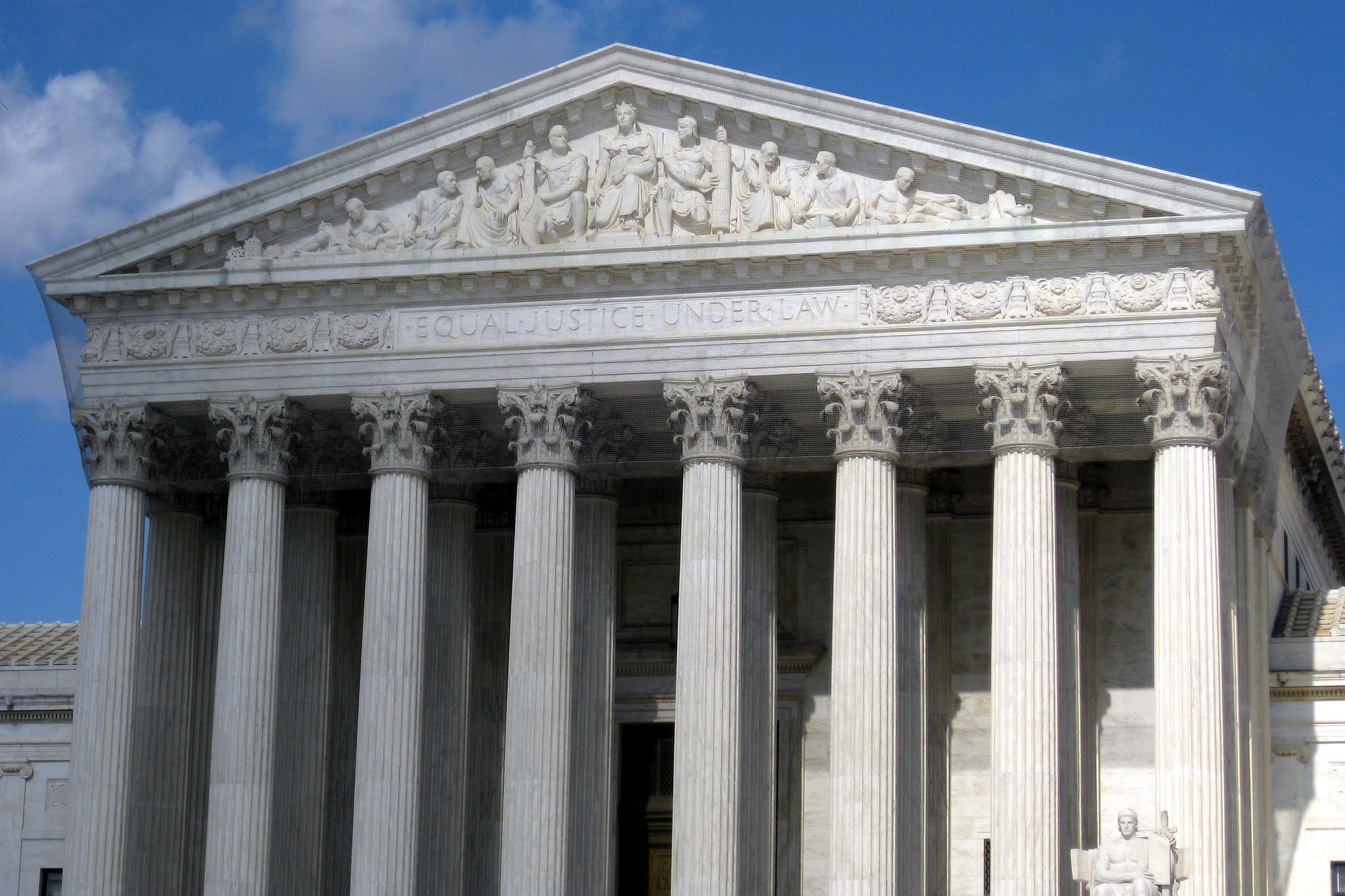OPINION ANALYSIS
Supreme Court cabins reach of aggravated identity theft statute

on Jun 9, 2023 at 7:15 pm

The defendant in the case, David Dubin, was convicted of health care fraud for overbilling Medicaid while working as the managing partner of a psychological services company. The government also charged Dubin with aggravated identity theft, which carries a separate two-year sentence. Choosing between the two competing readings, “one limited and one near limitless,” the Supreme Court on Thursday handily rejected the government’s “boundless” interpretation of the aggravated identity theft statute. In an opinion by Justice Sonia Sotomayor, the justices ruled for Dubin.
The government’s theory was that because Dubin used a patient’s identity when committing the fraud, his conduct fell under the aggravated identity theft statute, which punishes anyone who, “during and in relation to” certain predicate offenses, “knowingly transfers, possesses, or uses without lawful authority, a means of identification of another person.” In the government’s view, “[a] defendant uses a means of identification ‘in relation to’ a predicate offense if the use of that means of identification ‘facilitates or furthers’ the predicate offense in some way.” By contrast, Dubin argued that the statute only “covers misrepresenting who received a certain service,” “not fraudulent claims regarding how or when a service was performed.”
Sotomayor’s opinion provides a tutorial in statutory interpretation First, starting with the text, the court noted that the terms “uses” and “in relation to” are “indeterminate.” It therefore put the words in “context,” and reasoned that the statute’s “title and terms both point to a narrower reading, one centered around the ordinary understanding of identity theft.” To elaborate, the phrase “identity theft” has a “focused meaning,” which refers to the “fraudulent appropriation and use of another person’s identifying data or documents.” This clarifies that the phrase “in relation to” means that the use of the identification has to be “at the crux of the underlying criminality.” And it clarifies that the term “uses” means that “identity theft is committed when a defendant uses the means of identification itself to defraud or deceive.”
Second, the court noted that this reading of the statute is consistent when applying various canons of statutory construction, including the noscitur a sociis canon (the idea that a word is known by the company it keeps) and the canon against surplusage.
Third, as if the court needed more proof that the government’s reading of the statute was incorrect, it pointed out that aggravated identity theft works as an enhancement, and yet “the Government’s reading collapses the enhancement into the enhanced.”
Finally, the court explained that it traditionally “exercise[s] restraint” when interpreting criminal statutes “out of deference to the prerogatives of Congress and out of concern that a fair warning should be given to the world” about what the law criminalizes. Yet the government’s interpretation would essentially also render every overbilling case an aggravated identity theft case. What’s more, the government’s promise that it would not prosecute the statute too broadly was cold comfort, Sotomayor said, as the court cannot “construe a statute on the assumption that the Government will use it responsibly.”
Having found that all of the various tools of statutory interpretation pointed against the government’s reading, the court did not decide whether “any of these points, standing alone, would be dispositive.” It was clear that Dubin did not commit aggravated identity theft. Justice Neil Gorsuch wrote separately – not because he disagreed with the ultimate result, but because he thought the aggravated identity theft statute is unconstitutionally vague.
In the end, as Gorsuch put it, under the government’s interpretation, “almost every adult American” would be “an aggravated identity thief.” I guess we should all be glad that the court unanimously rejected the government’s interpretation of the statute. Surely David Dubin is.


